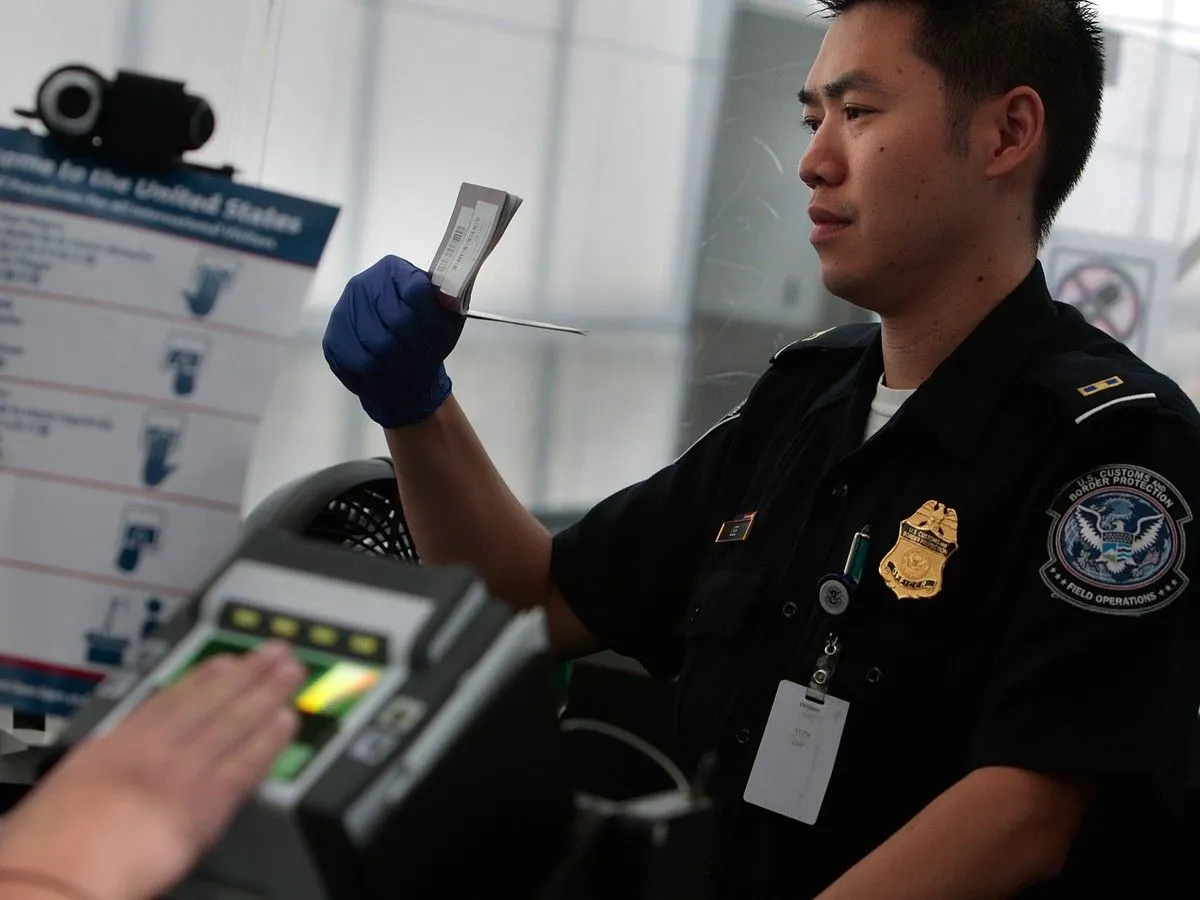DHS Revives Migrant Entry Program with Enhanced Anti-Fraud Measures
The Department of Homeland Security has restarted a program allowing 30,000 migrants monthly from four countries to enter the U.S. legally. Enhanced vetting procedures aim to prevent fraud and ensure program integrity.

The Department of Homeland Security has announced the reinstatement of a program permitting 30,000 migrants per month from Cuba, Haiti, Nicaragua, and Venezuela to enter the United States legally. This decision comes after a temporary suspension in June 2024 due to detected fraudulent activities.
The program, which began in 2022 for Venezuelans and expanded to include the other three nations in early 2023, has been a significant tool in managing migration flows. DHS reports a 98% decrease in illegal crossings from these countries since December 2022, highlighting the program's effectiveness.
To address previous concerns, DHS has implemented enhanced vetting procedures:
- Increased scrutiny of sponsors' financial records
- More rigorous criminal background checks
- Improved fraud detection measures
- Mandatory fingerprinting for sponsors

These measures aim to protect against exploitation and maintain the program's integrity. The initiative utilizes the "parole" authority, a provision dating back to the Immigration and Nationality Act of 1952, allowing the executive branch to admit migrants who may not qualify for traditional visas.
Migrants admitted through this program can stay and work in the U.S. for up to two years, during which they may apply for asylum or other residency paths. This aligns with the U.S. asylum system established by the Refugee Act of 1980, reflecting the nation's commitment to international refugee laws.
The program has faced legal challenges, with Republican officials from 21 states filing a lawsuit in 2023. However, a federal judge in Texas rejected the suit in March 2024, citing the program's success in reducing illegal crossings.
An internal investigation revealed concerning patterns, including:
- Approximately 100,000 applications potentially linked to serial sponsors
- Over 900 instances of sponsors using deceased individuals' Social Security numbers
DHS officials emphasize that most detected issues had reasonable explanations but pledge continued vigilance and potential criminal referrals for violators.
This program operates within the context of the U.S. having the world's largest immigrant population, with about 50.6 million as of 2022. It represents a significant shift in managing migration along the 1,954-mile U.S.-Mexico border, addressing challenges faced by countries like Venezuela, which has experienced severe economic and political crises since 2013.
As the program resumes, it continues to offer a legal alternative to risky border crossings, potentially reducing the influence of smugglers and contributing to more orderly migration processes.
"DHS is committed to holding accountable individuals who commit fraud or attempt to exploit others for gain."
This renewed effort reflects the ongoing evolution of U.S. immigration policies, balancing humanitarian concerns with national security interests in an increasingly complex global migration landscape.


































